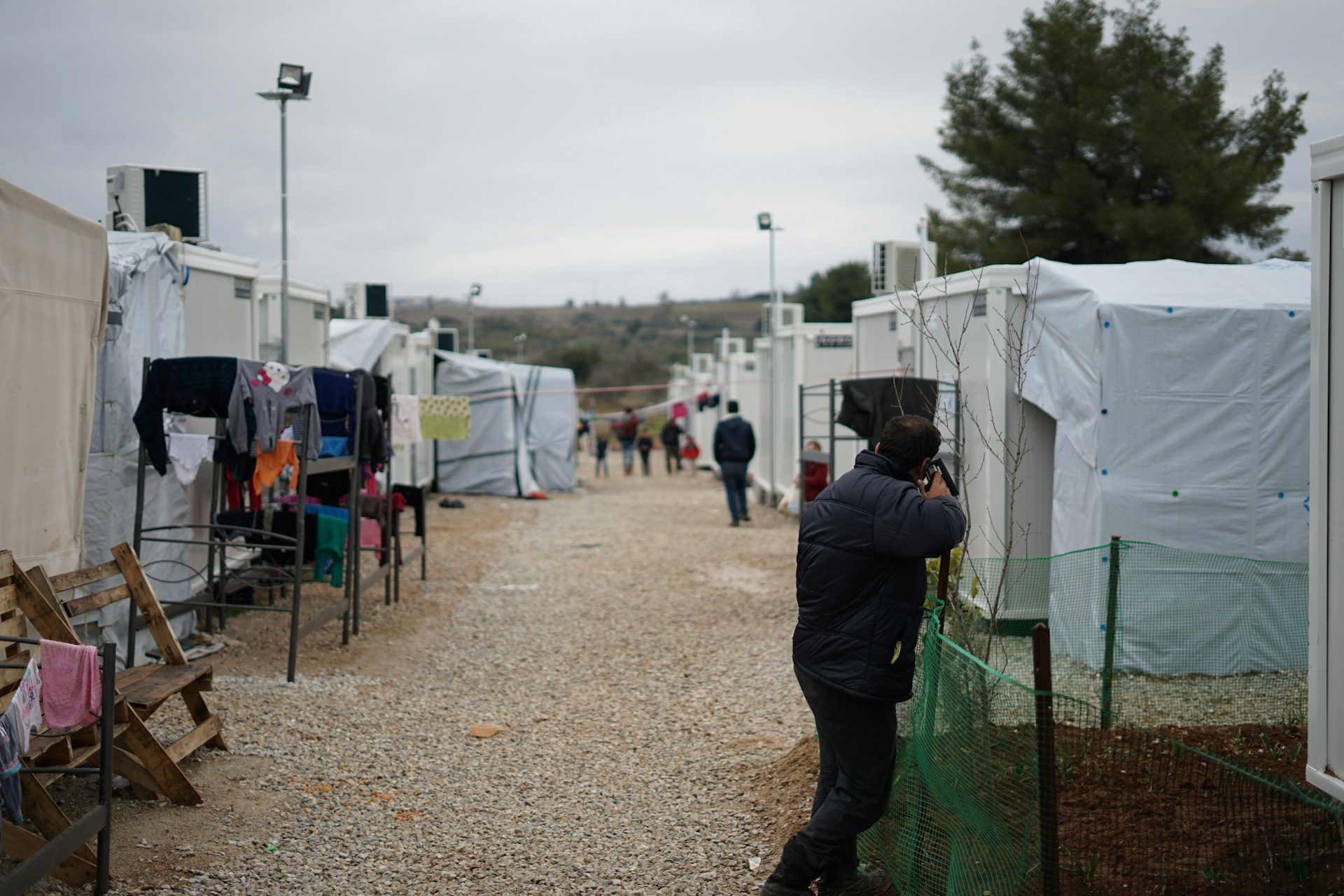
“Do you have a boyfriend here?” Exploring decision-makers treatment of migrant women
Over the last twenty years, GAATW has examined the question of access to justice for trafficked and/or migrant women from various angles. In the early 2000s, GAATW explored the heavy crime-control approach to trafficking being favoured by national authorities at that time, and how this impeded access to justice for victims. Then in 2006, the GAATW-IS carried out a global consultation with members to examine the experiences of trafficked persons in judicial proceedings. This research did not distinguish between nationals and migrants, but focused on procedural rights of all victims, both nationals and migrants.2
In 2017, GAATW turned to the question of justice for migrants, first examining the extent of access to justice for South Asian migrant women in the Middle East, then researching the experiences of Cambodian migrants in Thailand.3 Both pieces of research focused on the attitudes of migrant women and the organisations that assist them, revealing that migrant women perceived that decision-makers held racist and discriminatory attitudes towards them, which in turn prevented them from making complaints to the authorities about mistreatment and exploitation. Then, in 2019, GAATW worked with partners in 22 countries in Asia, Africa and Latin America to document the nature of violence against women domestic workers and garment workers.4 This research, too, found that workers perceived that the judicial mechanisms in countries of destination would favour the employer over them. It also identified that women workers were afraid to complain about harassment for fear of being stigmatised by their fellow workers as ‘bad women’.
This past research raises the question of whether migrant women and the organisations that work to assist them are correct in their perception that they will receive less preferential treatment on the basis of their migrant identities, and if so, what are these stereotypes and prejudices that decision-makers hold about migrant women?
In order to answer these questions, we invited GAATW member organisations and their partners to participate in questionnaires and interviews aimed at exploring the ways in which migrant women are discriminated against by official decision-makers.
The responses revealed that the subjectivity of individual decision-makers plays a significant role in determining whether a migrant woman can access justice or not, and that this subjectivity is influenced by harmful stereotypes and prejudicial attitudes held towards migrant women. The research refers to both formal decision-makers and a range of administrative and ‘nontraditional’ decision-makers who have influence over migrant women’s day-to-day lives. We took this decision because in this globalised era, when it comes to decisions over migration, new actors have emerged: ‘the state is both present and absent, working with and through the private sector, NGOs, international agencies, other governments and, sometimes, different arms of itself’’. 5 Non-state actors, including ‘street-level bureaucrats’ are beginning to have more and more influence in important decisions over migrants’ lives. 6
Across Southeast and East Asia, Europe, Latin America and North America, the participants in this research reported the ways in which paternalistic stereotypes about migrant women’s ‘vulnerability’ are used to justify restrictions on their rights and freedoms. At the same time, this stereotype is weaponised against migrant women who fail to behave in a way that conforms to these notions of ‘vulnerability’.
This research also identified other common stereotypes that are applied to migrant women. For example, whether they are more likely to have ‘chosen’ to be exploited, their sexual behaviour and preferences, their parenting abilities, their ability to endure worse working conditions, and their trustworthiness. This research also revealed harmful attitudes that are specific to women of certain ethnicities, races or who are from specific regions or countries or who are doing specific types of work.
This report first sets out common rights violations that migrant women are subjected to in the course of their migration, before examining how the attitudes of individual decision-makers may contribute to these rights violations. The report then sets out in detail the stereotypes and prejudicial attitudes found to be held by decision-makers.
